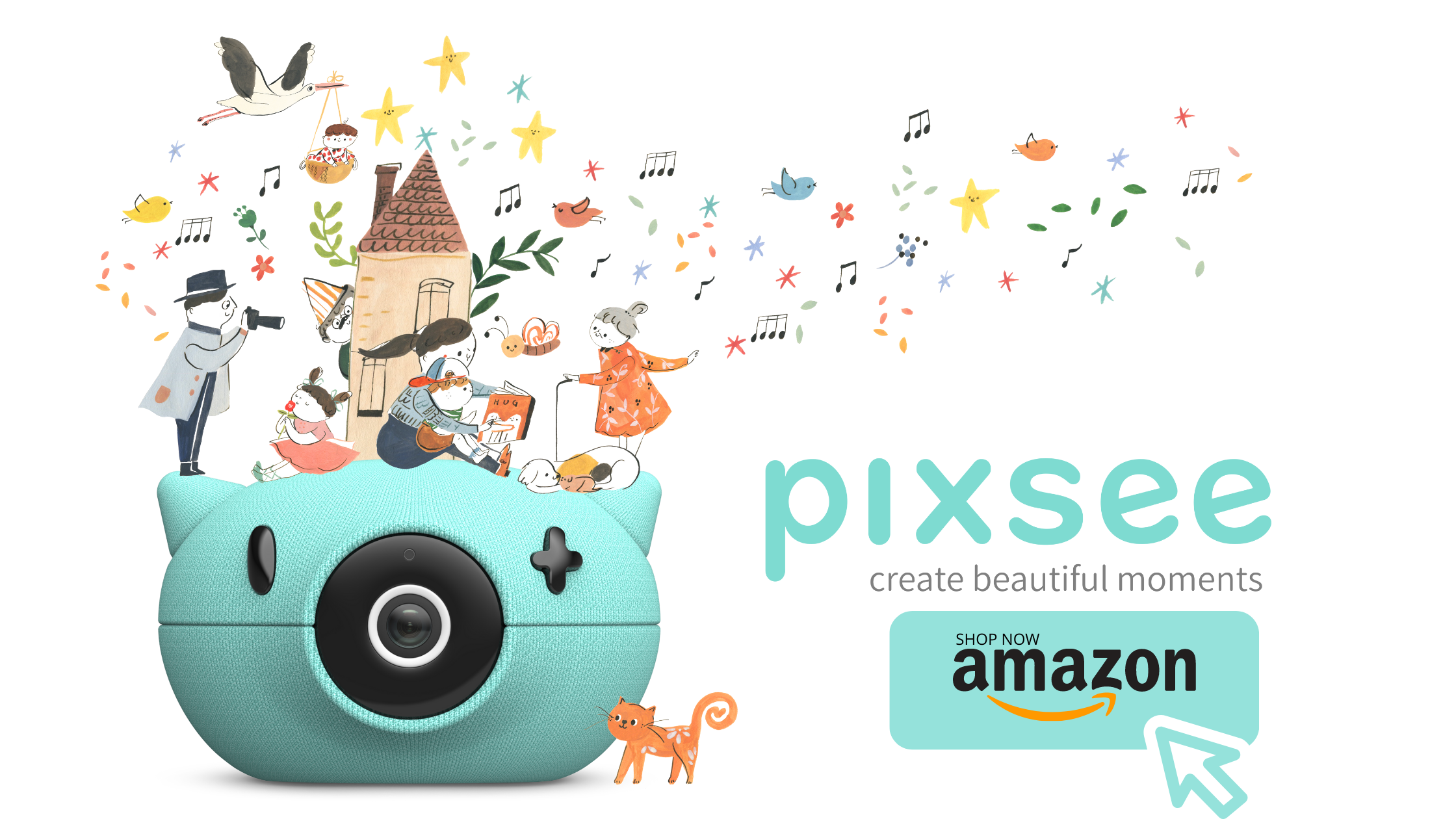Did you know that 32 out of every 1,000 births in the United States comes with a free bonus baby? The chance of having twins, either naturally or via fertility treatments, has increased over the past century.
That's great news for parents who have always dreamed of having twins, but it might provoke anxiety in nervous first-time parents who aren't yet confident they can manage a singleton!
The truth is, even the safest, doctor-monitored multiple pregnancy is a high-risk pregnancy. If you're welcoming a double blessing, you'll want to know as soon as possible so you can pursue the highest level of prenatal care. Do you know your odds?
When it comes to twins, the odds aren't just a numbers game. Many factors can contribute, from the method of conception to your own genetics. We've created this guide to help expecting parents understand the likelihood of experiencing this miraculous phenomenon.
Read on to learn the ins and outs of conceiving twins.
Fertility Treatments and Having Twins
One reason why a twin pregnancy is more common now than in the past is because of improvements in assisted reproductive technology (ART). In other words, fertility treatments are more accessible and effective than ever. According to the most recent data, approximately 83,946 infants are born via ART each year.
Believe it or not, the odds of having twins as a specific result of receiving reproductive assistance have decreased in recent years. IVF technology has become so effective that doctors rarely need to implant multiple embryos "just in case." That said, about 30% of twin births are still the result of fertility intervention.
If your treatment involves stimulating ovulation, you might have a higher-than-average chance of becoming pregnant with fraternal twins. All else being equal, you are also twice as likely to have identical twins as a mother who conceived naturally. It's unclear why this is the case.
If you want to figure out how to get pregnant with twins, your best bet might be injective fertility drugs called Gonadotropins. Up to 30% of pregnancies involving this treatment yield twins (with 5% of pregnancies leading to triplets or higher-order multiples).
Conceiving Twins Naturally
What if you're aiming to get pregnant the natural way? Several factors can impact your likelihood of twin pregnancy, from maternal age to your unique physiology.
Twins and Physiology
Your body type impacts the way that your body produces hormones. Women with higher BMIs are more likely to produce excess estrogen, which is responsible for stimulating the ovaries. This can increase the chances of your body releasing two or more eggs during ovulation, resulting in fraternal twins.
Furthermore, some studies suggest that taller women are more likely to conceive twins than shorter ones. Women 5'5 and taller have twins more frequently than women 5'3 and below. Researchers aren't sure why this is the case.
Twins and Genetic History
If you are an identical twin, you aren't any more likely to conceive twins than anyone else, identical or otherwise.
Fraternal twins, however, are more likely to conceive fraternal twins. When the mother is a fraternal twin, the odds increase even further.
Strangely, if dad is a twin, it's less likely to affect your odds. With that said, if both parents are fraternal twins or have fraternal twins in their families, the likelihood of having twins or multiples increases again.
Twins and Maternal Age
As a woman ages, her body produces more of a chemical called FSH. This stands for Follicle Stimulating Hormone. This chemical is responsible for stimulating ovulation, and the more you produce, the more likely you are to drop multiple eggs during ovulation.
That's why older mothers (specifically mothers over thirty) are more likely to give birth to twins than younger mothers. Your odds increase again once you are over thirty-five.
With that said, pregnancy always becomes riskier as you age, and a geriatric multiple pregnancy will require a great deal of specialized prenatal care.
Twins and Maternal Diet
Recent studies have found that vegan mothers are less likely to conceive twins. The reason may be abstinence from dairy products.
Modern farming and production practices involve the use of growth hormones. You may gain exposure to these hormones after consuming milk and other dairy products. This exposure may play a role in stimulating ovulation, causing twin pregnancies.
Yam-loving vegans may not be off the hook, however. Scientists believe some yams also stimulate multiple ovulation. The link isn't strong enough to influence your family planning, however.
Pregnancy and Motherhood
Studies also suggest that you're more likely to have twins if you've been pregnant in the past. This may have more to do with increasing maternal age than any changes in the body, however.
If you're actively breastfeeding, it might boost your odds. Breastfeeding mothers are about 10% more likely to have twins than those who aren't currently breastfeeding.
What's Your Chance of Having Twins?
A twin pregnancy may be risky, but two babies have the potential to double your joy and fulfillment. Remember that odds associated with your chance of having twins are merely odds. There's no way to predict what Mother Nature or your body will do, so keep up with your prenatal appointments, cross your fingers, and enjoy the ride.
When you bring home one bundle from the hospital or have your arms full with a second bundle, you'll find that a second set of eyes is always helpful. That's why parents of multiples love the Pixsee smart baby monitor, which allows you to bind up to three pixsee devices and switch between screen views for twins.
Visit our Amazon online store and Pixsee Shop to learn about the industry-leading safety features that make Pixsee a must-have parenting companion for twins.







